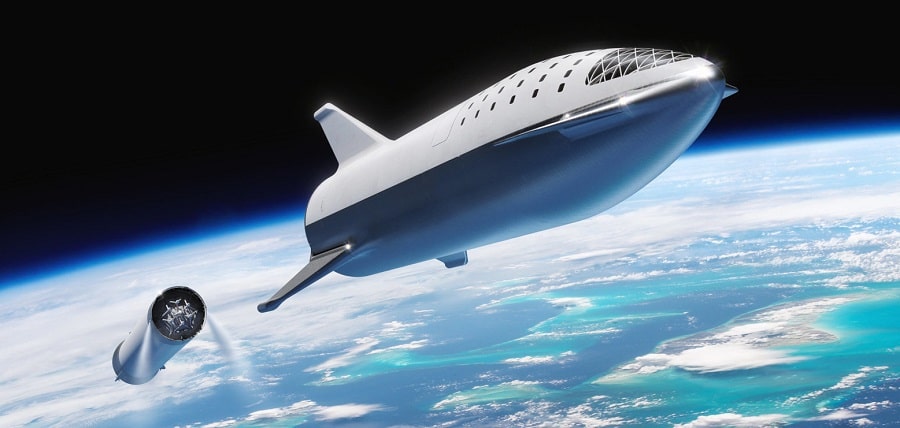What has humanity done in the last 10 years?

In the past decade mankind has made many important discoveries. Significant progress has been made in almost all sciences: space, medicine, physics. The 10 most important scientific discoveries are worth noting, with more information published at jovehairtwist.co.uk
The creation of artificial meat
In 2013, the first hamburger with cultured meat was introduced. It cost more than $300,000 and took about two years to produce. Artificial meat should replace natural meat in the future and help fight world hunger. As for its taste, the experts noted the dryness of the artificial meat.
Managed to land on a comet
The spacecraft Rosetta was launched back in 2004, but only 10 years later was able to reach its destination and approach the comet. After that, the Philae apparatus was launched to the surface of the space body. Its main purpose was to study the composition of the comet. As a result, it was able to determine that the ice of the comet contains much more heavy water than the Earth’s oceans. This discovery disproved the theory that water on the planet originated from outer space.
Flight of a private spaceship
Even those who aren’t interested in the development of space have taken notice of the news. And the event did turn out to be significant. In 2019, the private spacecraft Dragon was able to dock with the International Space Station. The very fact of such an event is not surprising. But the fact is that previously the technology to launch spacecraft to the ISS was only available to state-owned companies. This time, however, the private company SpaceX acted.

Artificial intelligence wins the game Go
Google DeepMind was able to create AlphaGo, which defeated humans in the strategic game Go in 2016. This event was a real breakthrough in the development of artificial intelligence. The fact is that many experts thought it would be impossible to create such a programme before 2020. However, the developers of Google DeepMind were able to refute such assumptions and created an AI that beat professional player Lee Sedol.
Autopilot for cars
News that has delighted drivers around the world. In 2017, Audi launched its first autonomous level 3 car. This created a car in which a person was present most of the time as a passenger. The driver only had to take control of the steering wheel in bad weather or in the absence of markings.
This put Audi ahead of the Tesla, in which the driver needed to be always on hand to take control. The development of autopilots went further and autonomous minivans have already begun to be developed and even fully autonomous taxis are appearing.
Global warming confirmed
It used to be thought that global warming was a fiction and should not be taken seriously. However, a 2019 study showed that the Greenland ice sheet is melting very fast. The same is true of Antarctica, which has recently been losing an average of around 252 billion tonnes of ice a year. By comparison, in the 1980s the figure was 40 billion tonnes.
Of particular concern is the state of the Touates Glacier, which is nearing a critical thaw. If this happens, the glacier will simply collapse into the ocean, raising the global sea level by almost half a metre.
Quantum computer created
Google has created a quantum computer which, in just a couple of minutes, performs calculations which would take up to 10,000 years for most modern PCs. It’s made possible a real breakthrough in the field of medicine and AI.
Creating a highly effective vaccine against malaria
Malaria is still a dangerous disease that kills more than a million people a year. Existing vaccines have been ineffective, but they have finally succeeded in creating a product that is more than 90% effective.
Ebola vaccine
An outbreak of the epidemic has been reported in Africa. Lethality of the fever was as high as 90%. WHO went to great lengths to rapidly develop an effective vaccine. The result was a vaccine, which together with the experimental treatments worked very well. It was able to save about 90% of the Congo’s ill people.
Gravitational waves predicted by Einstein were recorded
Albert Einstein predicted the existence of gravitational waves in 1915. However, he believed it was impossible to record them on Earth. But thanks to modern technology, scientists were able to disprove Einstein’s words and still detect gravitational waves. Thanks to this, a huge step has been taken in the development of Big Bang research.
